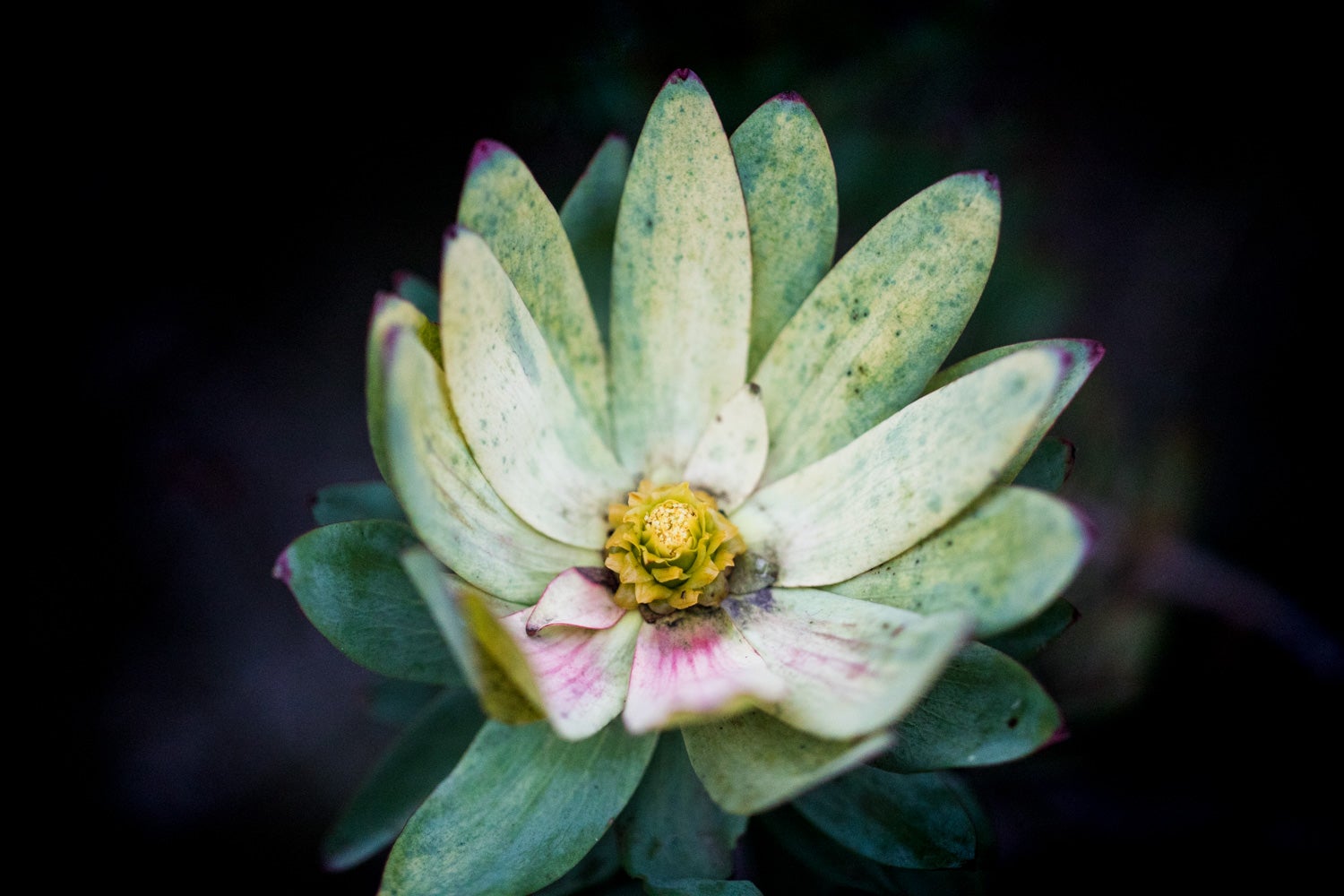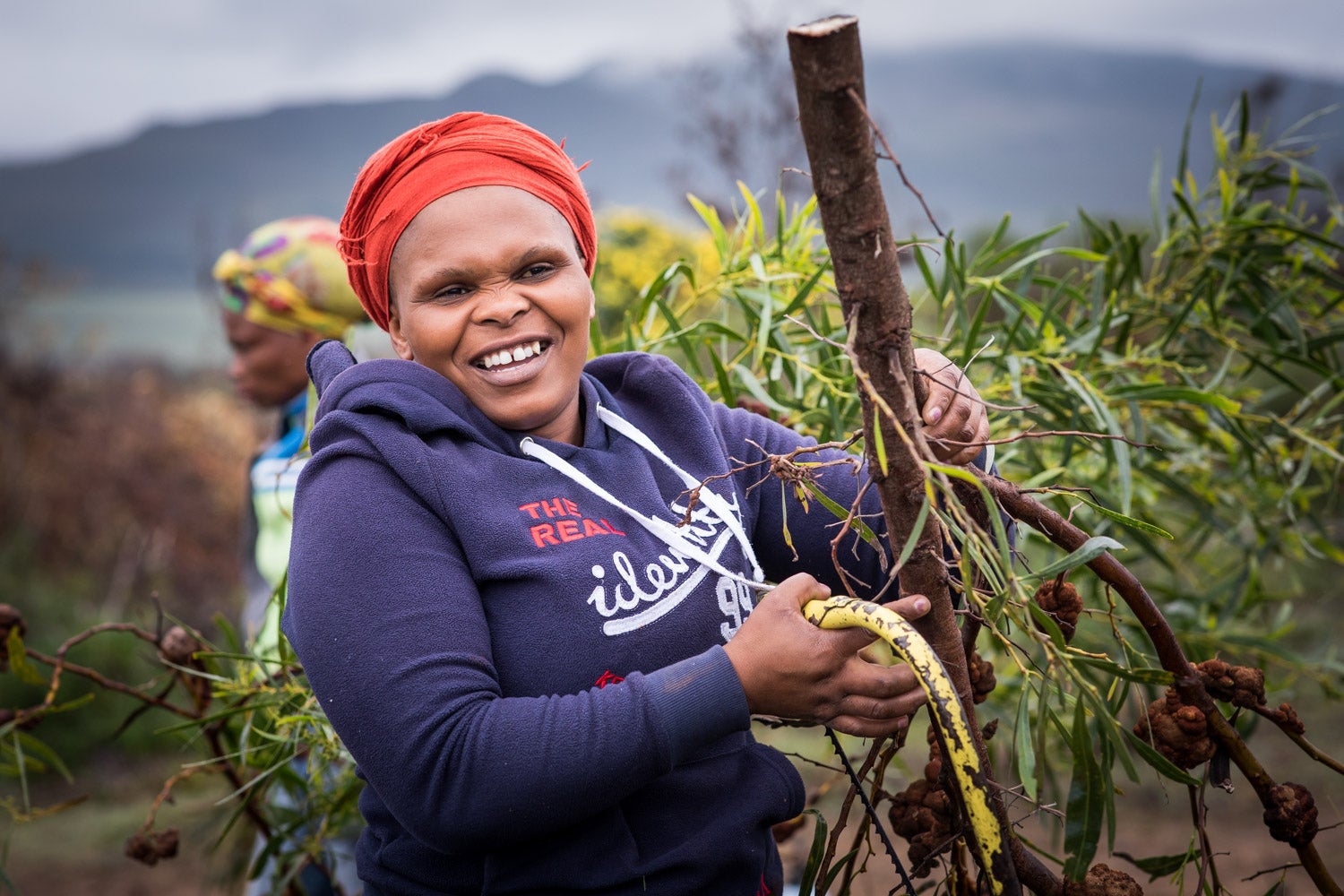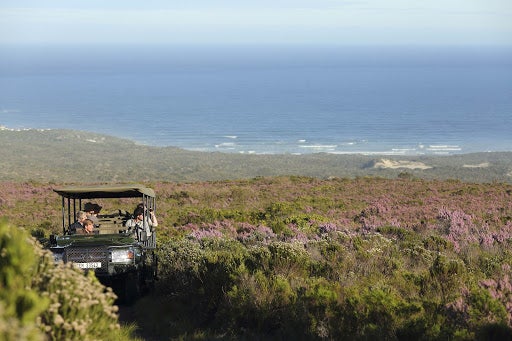This postmodern ‘plant safari’ in South Africa focuses on flora, not fauna
A planet-friendly new safari encourages tour groups to get to grips with all things green, says Tim Butcher

Your support helps us to tell the story
From reproductive rights to climate change to Big Tech, The Independent is on the ground when the story is developing. Whether it's investigating the financials of Elon Musk's pro-Trump PAC or producing our latest documentary, 'The A Word', which shines a light on the American women fighting for reproductive rights, we know how important it is to parse out the facts from the messaging.
At such a critical moment in US history, we need reporters on the ground. Your donation allows us to keep sending journalists to speak to both sides of the story.
The Independent is trusted by Americans across the entire political spectrum. And unlike many other quality news outlets, we choose not to lock Americans out of our reporting and analysis with paywalls. We believe quality journalism should be available to everyone, paid for by those who can afford it.
Your support makes all the difference.Smoke rises from a veldt fire at Grootbos, but nobody appears worried at this luxury South African eco-reserve, set in rolling hill country behind the continent’s southernmost tip. In fact, staff are braced for a surge in bookings.
Fire is opportunity at this 6,000-acre capsule of rewilding. It’s a chance for botanical sleuths to make new discoveries peeping through the ash – so far, seven species previously unknown to science have been found here, sometimes by amateur enthusiasts rather than academics. At Grootbos (pronounced Hroot-boss), fire is recognised as nature’s reboot – an authentically wild part of Africa’s cycle of life.
And wild is the ethos behind a pioneering project that every year since it was founded in 1994 claims new fans among visitors and locals alike. Neighbouring farms are following its lead to dial back human impact on the environment, removing non-indigenous trees and bushes, stopping the use of chemical sprays, in effect allowing mother nature to bloom.
Here, fire is recognised as nature’s reboot – an authentically wild part of Africa’s cycle of life
While to most outsiders, safari in Africa conveys images of tooth and claw, the Grootbos wildlife experience is richer but more nuanced, a postmodern wildlife tour where diversity, not predation, is the star. The result is a colossal un-roofed Eden Project, home to 879 (and counting!) recorded plant species, roughly half the plant biodiversity of the entire British Isles but on a farm smaller than a Scottish sporting estate.

There are giant proteas, the jurassic national flower of South Africa which looks like a pimped-up technicolour artichoke, while each spring the reserve’s monochrome pastures become a palette of fynbos, the Afrikaans name for “delicate undergrowth”, that smears blues, pinks, yellows and golds across a wide horizon.
There are stands of milkwood trees that started growing 500 years before Dutch settlers in the 17th century first founded Cape Town (roughly two hours’ drive away). Milkwoods come equipped with a fire retardant chemical in their leaves, which means they survive the veldt fires that touch at least part of the farm each year, protecting entire microsystems of insect life, birds and microbes.
The parallels with Cornwall’s world-famous eco attraction are clear. Grootbos has a twinning relationship with the Eden Project, sending experts and sponsored trainees each year to work on its displays of blooms from the Cape Floral Kingdom, one of only six floristic kingdoms that cover the entire surface of the world. The Cape’s is by far the tiniest – Australia is one of the others – yet it is the most varied, a biodiversity hotspot that nowhere glows more warmly than at Grootbos.
But unlike the Eden Project – which has only limited walkways and viewpoints – visitors can spend entire days at Grootbos exploring a web of well-marked trails and paths, by foot, mountain-bike or in game vehicles. Accommodation is five-star, too, with a choice of two lodges containing 16 suites, each gathered around a central pool and restaurant – or more discreet private villas set among the trees. All the accommodation offers views of Walker Bay, a pocket of the South Atlantic that each spring hosts scores of Southern Right Whales, which guests can see from the shoreline.

The key, as with other rewilding projects (such as Knepp in Sussex and Glenfeshie in the Cairngorms) is learning to trust nature and its ability to cope with challenges such as extreme weather or fire. After hundreds of years of human impact, mother nature does need a helping hand – so the reserve’s status as a biodiversity gem has been hard-won, involving three decades of blister-making hacking, axing and cutting.
At times it has felt like war had to be declared on foreign invaders, so-called “alien” species such as the eucalyptus trees that thrive in South African soils but at high environmental cost. They are abnormally thirsty, much more so than indigenous trees, draining scarce summer water resources. And they contain oils, which brings us back to the issue of fire.
Normal veldt fires burn at a relatively low temperature, clearing away dead growth, disturbing only the topsoil and burning themselves out relatively quickly. Aliens like eucalyptus, along with numerous other less statuesque plants and shrubs that proliferate across southern Africa, burn much hotter and longer. The impact is devastating, damaging soils to a greater depth, killing seeds and reducing plant variety.

Clearing the aliens has had one very important impact at Grootbos: job creation. In a country like South Africa, where the unemployment rate currently stands at 44 per cent, one of the highest in the world, the permanent jobs pushing back Grootbos’s alien flora are invaluable.
But even more vital has been the resulting change in the environment. The resurgence has been huge among insect species not seen in decades, as well as small mammals and birdlife, especially raptors. You might not hear the roar of the lion when visiting Grootbos, but the calm thrum of its pollinating bees and the call of the Verreaux’s eagle is as authentic as any soundtrack in Africa.
Travel essentials
Rates at Grootbos reserve start from £704 per night for a luxury suite sleeping two, full board and including many of the activities onsite.
Join our commenting forum
Join thought-provoking conversations, follow other Independent readers and see their replies
Comments